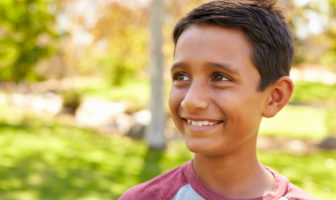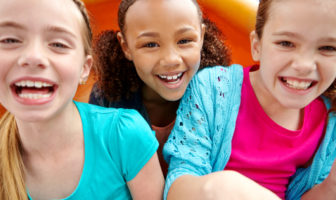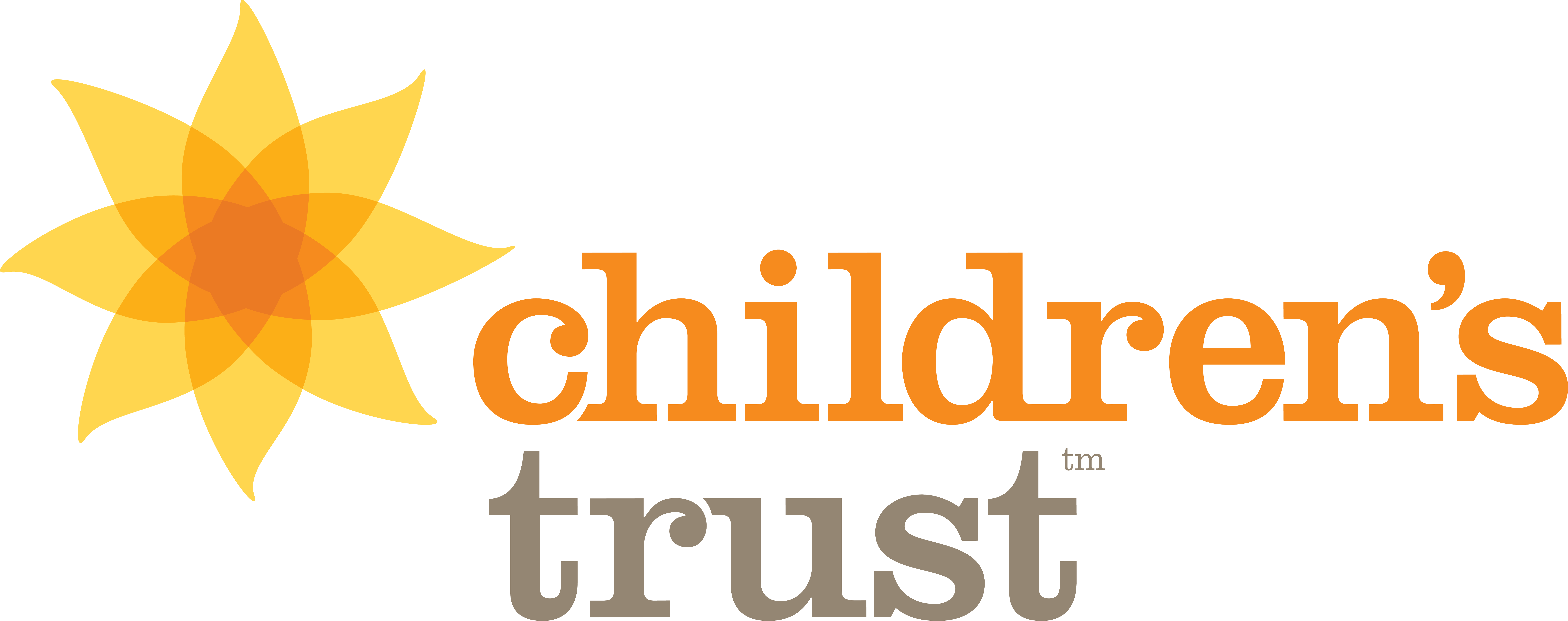Child abuse happens when a parent or other adult causes serious physical or emotional harm to a child. Read this article to learn more about the different types of abuse including, physical. sexual, emotional, and neglect and what to do if you suspect your child is being abused.

Child Mental Health: When You Have Concerns
"1 in 6 children in the U.S. has a mental illness"
(American Academy of Family Physicians, 2019).
Parents are often the first to observe changes, behavior, and other signs that their child’s development may be atypical.
If your child is displaying any of the symptoms below and/or her behaviors are affecting her relationships with family members, friends, or school performance, you may want to consider seeking additional support, starting with your pediatrician.
Signs and symptoms you may first observe in younger children
- Doesn't develop typical back-and-forth cooing or other sounds with an adult (during infancy) or doesn't develop typical language use; does not use non-verbal social communication (social gestures, facial expressions, eye contact or body language) for social sharing of interests or events.
- Displays repetitive speech or behaviors. Very few, fixed interests. Either very sensitive or insensitive/indifferent to pain/heat/cold, or smells/touches objects excessively, or is fascinated by lights, atypical objects or object movements. Reacts to any changes in routine with extreme distress.
- Has difficulty falling asleep, staying asleep, getting enough sleep, snores while sleeping, or has frequent nightmares or night terrors.
- Has unusual, rigidly-observed rituals (must do certain things EXACTLY the same way, each time, like tying right shoe before left every time, counting steps, washing hands too much or worrying about germs excessively).
Signs and symptoms you may observe in children of all ages
- Doesn't initiate social interactions with others, does not have or maintain friendships or is not interested in most people.
- Has difficulty sustaining attention or focusing in school, is easily distracted, or unable to sit still for even short periods of time.
- Unable or refuses to follow rules, in trouble frequently, or is excessively angry, negative or oppositional.
- Has difficulty falling asleep, staying asleep, getting enough sleep, snores while sleeping, or has frequent nightmares or night terrors.
- Seems withdrawn, "blue" or depressed, lacks appropriate peer friendships, gets into fights with friends, loses friends easily, is being bullied or is bullying other children, avoids social situations or has intense anxiety or worries about meeting new people or being in any new situation (e.g., "what if this goes wrong? what if that goes wrong?").
Signs and symptoms you may observe more in older children (adolescents and pre-teens)
- Engages in risky or illegal behaviors such as, stealing, hurting animals or children, drinking alcohol to excess or using any illicit drugs, friends seem (to you) to be a "bad influence.”
- Is excessively emotional, irritable or moody. Talks about suicide, wishing she were never born or thinking her family would be better off if she weren't here, or talks about hurting herself.
If you are concerned about your child's mental, developmental, lingual, physical or social progress at any time, you should discuss your concerns with your pediatrician at the child's next scheduled visit, or ask for an appointment sooner if you do not have an appointment coming up soon.
This article has been reviewed by Betsy Busch, MD.
other articles and videos we love
Children benefit greatly from open-ended time where they are in their parents' view but have some independence in solving problems and determining how the play proceeds.
Activities Guide: Enhancing and Practicing Executive Function Skills with Children and Adolescents
This guide contains a variety of age-appropriate activities that can help support and strengthen your child's learning and development skills.






